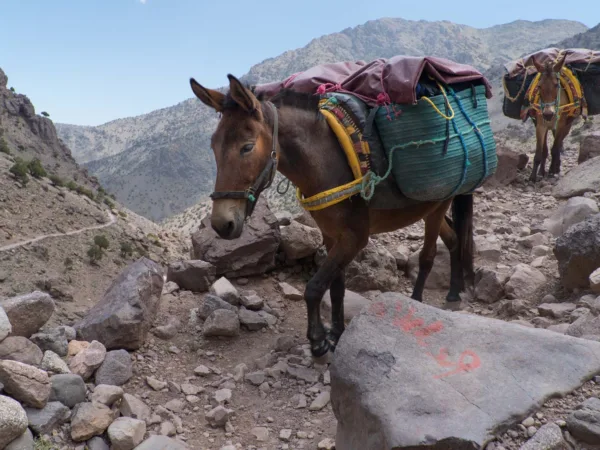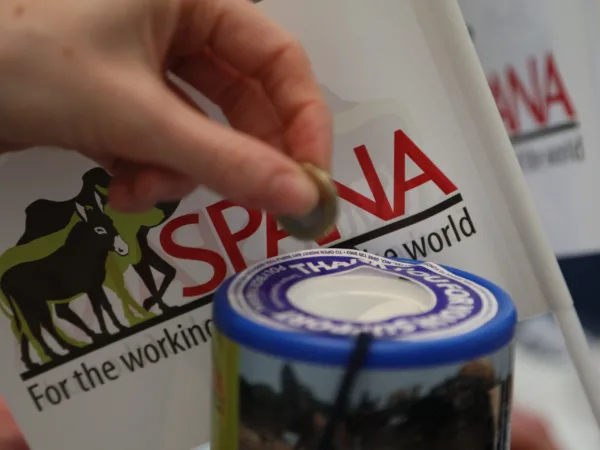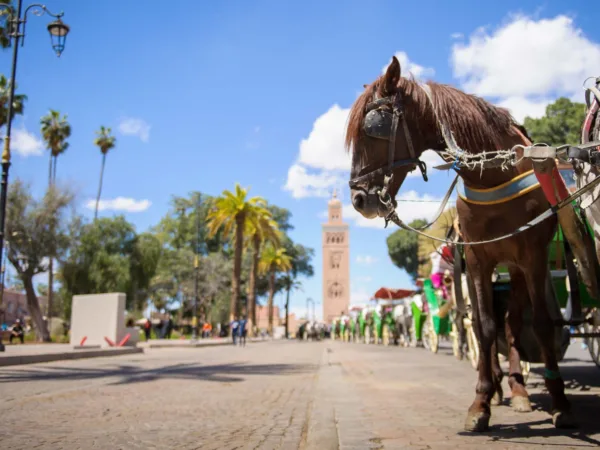Sustainable Travel – Why It’s Important
While it is lovely to travel and take in both the history and culture of a place, in today’s world eco travelling ensures the long-term sustainability of a location and its ecosystem. We have put together a guide to help highlight just how critical sustainable travel is and how you can be a more conscientious traveller.
What is sustainable travel?
Sustainable travel, also commonly referred to as eco travelling or ethical tourism, aims to reduce the negative impact caused on the environment and ecosystem of the places you are visiting.
By design, tourism gets people to visit places precious to a country and our world, whether it’s for the landscapes, wildlife, people or food. Although it can help create demand for jobs and boost the economy, the environmental impact of tourism can be devastating if it is not properly managed or maintained. This can also result in long-term negative effects on local communities, not to mention potentially destroying history and culture.
Over time, as the desire to visit far-flung places around the world has grown – spurred on a great deal by beautifully curated travel content – our yearning to tick places off our to-visit lists has unfortunately resulted in several places slowly being ‘ruined’ by tourism. And, in smaller ways, tourism’s negative impact can be felt in many popular destinations worldwide.
The importance of eco travelling and ethical tourism
If you’re not quite sure what ethical tourism is, it simply means to keep in mind how your actions as a tourist can affect the environment and the local community of the areas you visit.
Sustainable travelling aims to reduce the negative impact of tourism while increasing the benefits. This includes:
- Protecting natural environments and animal welfare
- Managing tourist activities and numbers
- Raising environmental awareness
- Benefiting local communities and businesses
- Allowing visitors to truly see the place they are visiting for what it is
How to be more conscious about ethical tourism
Today, along with the threat of climate change, tourism can pose a great risk to many countries, with places being damaged by too many visitors. Coral reefs are just one example of this, as global warming causes the temperature of the ocean to rise, and tourists damage reefs through careless diving or removing coral.
That is why it’s important to try and be as sustainable in our travels as possible. As a tourist, you should:
Protect and conserve natural environments, resources and wildlife where possible
This can be anything from removing litter to making sure you don’t change the environment, such as by taking away stones, cutting plants, or introducing something that wouldn’t otherwise be there (ie feeding wild animals food intended for humans).
Take care of heritage places and historical sites
Heritage places and historical sites are a key reason why people like to travel, as they represent the history of the local people. We need to do our part to protect them as much as possible, particularly as there are many instances of thoughtless people vandalising them.
Lower your ecological impact by planning in advance
While tourism of any kind will have some environmental impact, generally speaking, ethical travel means you can still experience the wonders a place has to offer without too many negative consequences. By researching and planning all aspects of your trip, including where you might eat and how you’ll travel around, you can see the sights, sustainably experience the culture, and lower your environmental impact as a tourist.
Try to stick to locally sourced foods
Importing food can be a considerable cost, both environmentally and economically, whereas consuming local delicacies is a great experience and can support local farmers, fishermen, and businesses.
Be more conscious about your impact as a traveller
In today’s world, being more mindful about your carbon footprint goes a long way. But, it’s not all we need to think about as travellers – some locations and communities may also not be able to sustain large numbers of tourists due to infrastructure. In cases like this, it can be best to consider alternative destinations or visit at a less busy time of year, if possible.
Think about the animals
Many countries offer activities such as donkey riding and camel safaris as a unique experience. Every year, thousands of animals are used in the tourism industry to transport holidaymakers on rides, treks and tours, and help support the income of local families and communities. However, not all animals are kept in the best condition and many can miss out on the care, rest and nutrition they need. As a tourist, it’s essential to check the condition and general health of any animals before you consider any rides or activities, and do your homework about the tour providers. This is where ethical animal tourism becomes crucial.
Increasing popularity in animal tourism can sadly have negative consequences for working animals. As a tourist, seeking ethical animal encounters can help ensure the welfare of the animals and subsequently influence the way owners care for their animals.
At SPANA, we created our Holiday Hooves Guide, full of advice on how to ensure animals you may encounter on your excursions are fit and healthy, and what to do if you have concerns about an animals’ welfare while on holiday. By doing some research, and making informed choices, you can help make a big difference in promoting responsible tourism.
Our teams also work tirelessly to provide free veterinary care to working animals across the world, including those used in the tourist trade, and your continued support helps make this possible. Please donate today to help us continue to ensure working animals across the world can be looked after.



